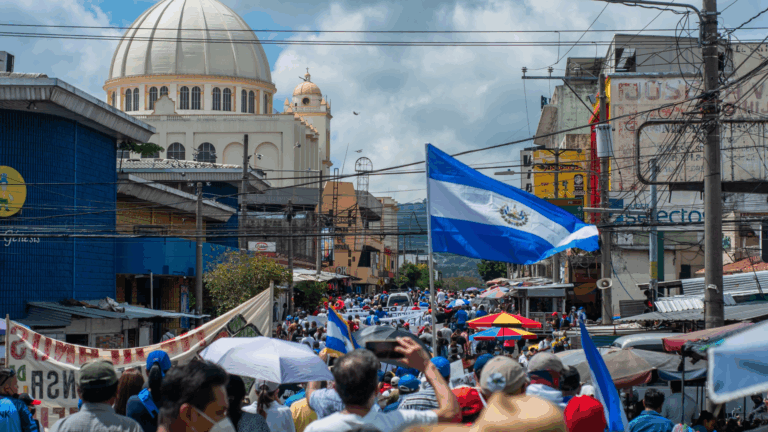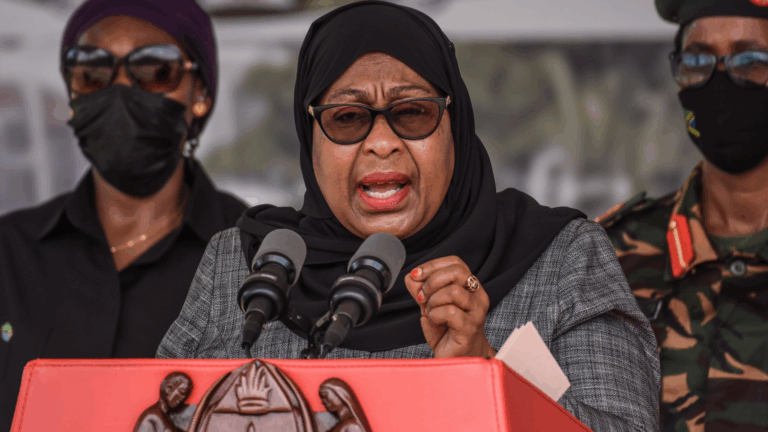Privacy | CoinJoin and BTCPayServer Guide
In this tutorial video, Rockstar Developer explains how to use CoinJoin and PayJoin to add privacy to your Bitcoin transactions via BTCPay Server. Both features are methods of masking true payment amounts and/or recipients by combining transactions with other users. This setup allows activists to, for example, withdraw donated funds via BTCPay Server and hold them more securely beyond the surveillance of dictators. HRF remains a proud supporter of BTCPayServer and the team’s efforts to develop privacy-enhancing payment features.
Aqua | New Bitcoin and Stablecoin Wallet
Last week, Bitcoin technology company Jan3 launched Aqua Wallet, a non-custodial mobile wallet that lets users send and receive bitcoin, lightning, liquid, and USDT in the same interface. According to their post: “All the complications associated with Lightning channels, peg-ins, other cryptocurrency chains, and asset swapping are streamlined, yet without sacrificing full control and custody of your keys.” The wallet seems well-positioned to allow users to receive their first sats, make cross-border USDT remittances, and weather bitcoin’s volatility. Overall, the wallet appears to have a commendable focus on solving the barriers to bitcoin adoption by making tradeoffs between security and decentralization for a better UI/UX experience.
Fedimint | Release of Fedimint 0.2
Fedimint recently announced its 0.2 release, an important milestone marking the fact that it is now “mostly feature-complete federated e-cash system.” Fedimint is a communal approach to collaborative custody and a way to transact bitcoin, with extremely strong privacy. Communal custody represents a potential upgrade to centralized custody and, for example, could be very useful for internal use among activist groups, civil society organizations, or NGOs. Having reached a “stable MVP stage,” the Fedimint team is keen to see what future applications will get built on the platform and how people might use it to scale Bitcoin to the masses.
Nostr | Private Groups on Coracle
Coracle, a web client for the Nostr protocol, released an update making private groups available to all users. Users can now send almost any Nostr event over an encrypted channel to group members. This approach uses rotating shared keys to provide better privacy, an important area to improve on Nostr platforms, which already boast a high level of decentralization and censorship resistance.
Statechains | Mercury Layer
CommerceBlock CTO Tom Trevethan announced Mercury Layer is now code complete and undergoing testing. Mercury Layer is a Layer-2 protocol, described as a statechain, with strong privacy as a result of blinded signatures. Important transaction details such as sender, recipient, and amounts can be hidden while still making use of the transaction verifying characteristics of the main chain. Similar to Lightning, Mercury can help users transfer value without making an on-chain transaction. Learn more about the protocol here.
South Korea | Bitcoin Seoul
The largest Bitcoin event in Asia is coming to Seoul, South Korea. Hosted by HRF grantee Calvin Kim, the conference will take place April 26-27 and feature prominent speakers such as Bitcoin expert Jimmy Song, conference organizer and Fedi master Dea Rezkitha, as well as HRF’s chief strategy officer Alex Gladstein, among other key speakers in the industry. North Korean defectors will also get to attend and learn more about how it can be a tool for human rights. Get your tickets to the conference here.









